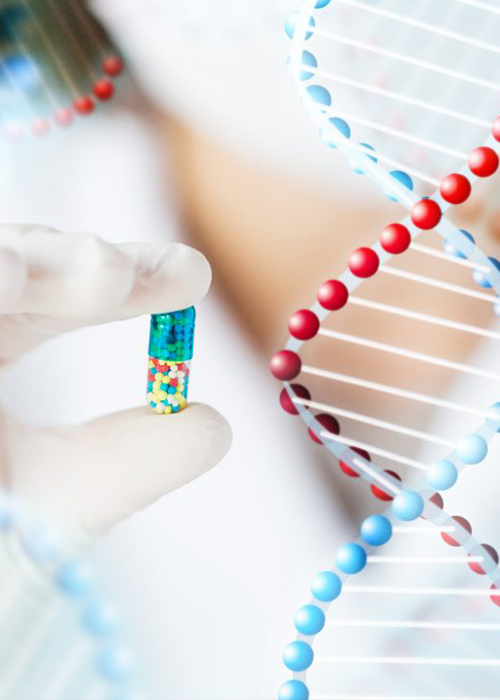Targeted Therapy
Recent advances in the understanding of how cancer cells grow and metastasis has led to the development of new drugs that specifically target the cancer cells without causing undue damage to the normal cells in the body. This new drug can be used on its own or combined with conventional chemotherapy.
Target therapy drugs specifically block certain receptors or proteins that control the growth or proliferation of cancer cells. Example includes drugs that block the EGFR (Epidermal Growth Factor Receptor) like gefitinib, cetuximab and others, which are rapidly being developed and used by oncologists.
Targeted therapy is a special type of chemotherapy that takes advantage of differences between normal cells and cancer cells. It’s sometimes used alone, but most often other cancer treatments are used with targeted therapy.
Targeted drugs can be used as the main treatment for some cancers, but in most cases they’re used with other treatments such as chemo, surgery, and/or radiation therapy.
Targeted drugs can work to:
- Block or turn off chemical signals that help cancer cells to grow and divide
- Change proteins within the cancer cells so the cells die
- Stop making new blood vessels to feed the cancer cells
- Trigger immune system to kill the cancer cells
- Carry toxins to the cancer cells to kill them, but not normal cells

